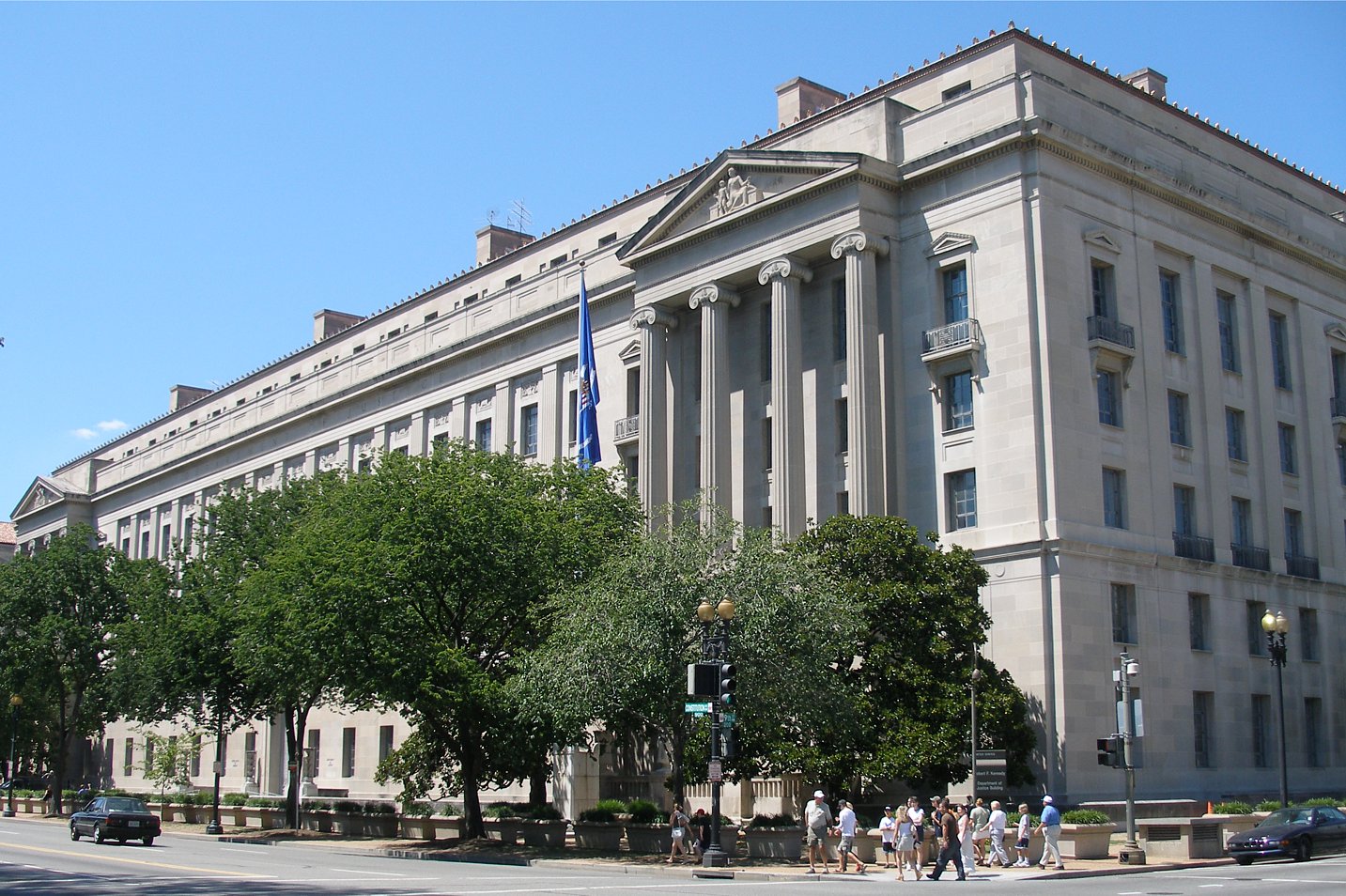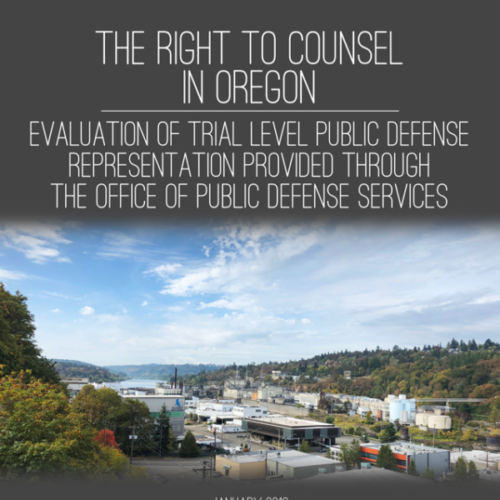Oregon
The state of Oregon funds and administers indigent defense services in adult criminal trials for most court levels. Local governments are responsible for other court levels. A state commission is responsible for providing oversight of state-administered services only.
The state of Oregon funds and administers all indigent defense services for adult criminal cases in its appellate courts. A state commission provides oversight of all appellate services.
-
36 Counties Primarily State Funded
-
36 Counties Primarily State Administered
-
36 Counties with a Commission With Limited Authority
-
36 Counties State Funded
-
36 Counties State Administered
-
36 Counties with a Commission With Statewide Authority
The state-funded Oregon Public Defense Commission (OPDC) administers indigent defense services in circuits courts, while counties and municipalities are responsible for funding and administering services in justice and municipal courts, respectively. OPDC provides services mainly through private attorneys via contracts and to a smaller extent through government-employee public defenders. The agency contracts with individual attorneys, consortia of attorneys, law firms, and non-profits. OPDC also provides appellate representation.
An executive director leads OPDC, and a commission oversees the agency. Diverse authorities appoint the commission’s nine members, who are responsible for setting standards. The commission members appoint the executive director, except that between January 1, 2025, and July 1, 2027, this power shifts to the governor temporarily. The executive director handles the day-to-day management of the system. OPDC has no oversight of services delivered by local governments in justice and municipal courts.
The state-funded Oregon Public Defense Commission (OPDC) is responsible for administering and overseeing indigent defense services in adult appeals statewide. OPDC has an appellate division, which provides representation mainly through staff attorneys. In overflow or conflict cases, OPDC relies on lists of private attorneys appointed on a case-by-case basis, and to a smaller extent on private attorneys under contract with the state. OPDC is also responsible for adult trial and juvenile representation.
An executive director leads OPDC, and a commission oversees the agency. Diverse authorities appoint the commission’s nine members, who are responsible for setting standards. The commission members appoint the executive director, except that between January 1, 2025, and July 1, 2027, this power shifts to the governor temporarily. The executive director handles the day-to-day management of the system.
Dig Deeper
Who serves on the commission?
Can indigent defense providers in the state be paid under flat fee contracts?
In which branch of state government does the indigent defense system reside?
Support Our Work
Criminal justice issues that disproportionately harm poor people, such as wrongful convictions and over-incarceration, cannot be fixed if indigent defendants are given attorneys who do not have the time, resources, or qualifications, to be a constitutional check on government. Yet, investment in improving indigent defense services remains largely neglected. The Sixth Amendment Center is the only nonprofit organization in the country that exclusively examines, uncovers, and helps fix the root of the indigent defense crisis in which inequality is perpetuated because poor defendants do not get a fair fight.
The Sixth Amendment Center is a tax-exempt 501(c)(3) nonprofit organization under EIN: 45-3477185.
Donations are tax-deductible to the fullest extent allowable under the law.








